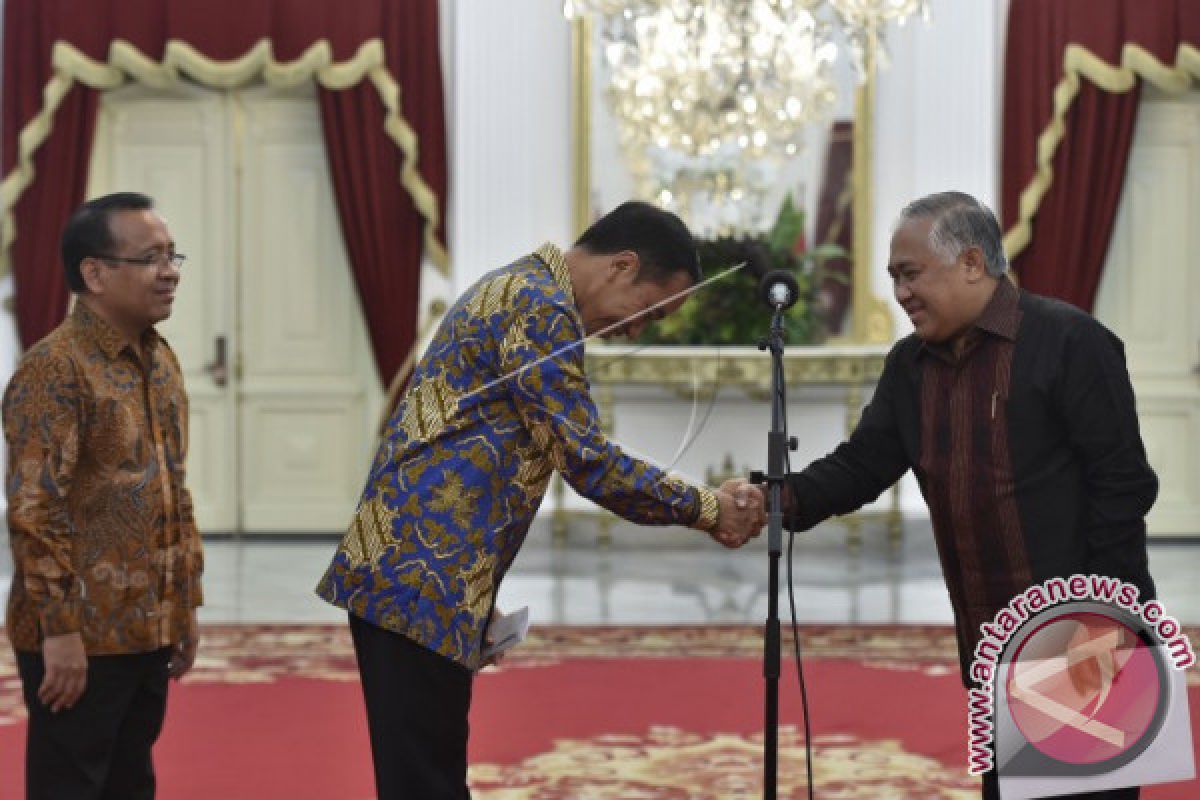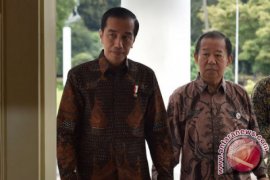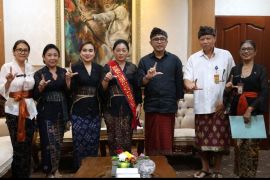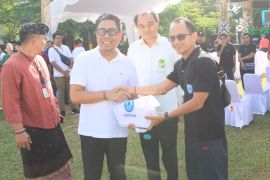Jakarta (Antara Bali) - President Joko Widodo (Jokowi) has named Professor Dr KH Muhammad Sirajuddin Syamsudfin MA, who is better known as Din Syamsuddin, as his special envoy for interfaith dialog and cooperation and civilization.
"I have assigned him to develop interfaith dialog and cooperation well at home and abroad," the president said at a press conference at Merdeka state palace here on Monday.
Jokowi expressed hope that Din Syamsuddin could promote inter-faith harmony in Indonesia by "developing interfaith dialog and cooperation between civilizations and promoting Indonesian Pancasila-based culture and civilization."
Pancasila refers to the five principles covering belief in the One and Only God, a just and civilized humanity, a unified Indonesia, democracy led by the wisdom of the representatives of the people, and social justice for all Indonesians.
Din Syamsuddin remarked that he accepted the appointment "in the name of God" as a form of his service to the nation and the state.
"The Indonesian government is often called and even demanded to be involved in overcoming the uncertainties, tensions, and even inter-religious and inter-civilization conflicts in the current society," he explained.
Din Syamsuddin, who is the former general chairman of Muhammadiyah, one of the countrys main Islamic organizations, revealed that the countrys involvement in settling the issues is in line with the message of the preamble of the countrys constitution UUD 1946, which states that Indonesia must be involved in creating world order and eternal peace.
"I think this job is a fight that is in line with the constitution. I will carry it out as a service to the nation and state to support our government," he promised.
He hoped that he would receive support from the Indonesian people and all parties to carry out his duties efficiently.
He elaborated that the president had advised him to first create interfaith and inter-group harmonious relations in the country as a model for spreading across the world.
" We should be able to spread Islam, which is craved by the world; Islam of Indonesia, which is based on wasatiyyah; and the Islam that brings blessings to the world that has long been awaited for," he pointed out.
He revealed that he had actually suggested some other names, through Minister/State Secretary Pratikno, to be assigned to carry out the job, but the president had been interested in appointing him.
"Actually, I have already carried out what I would do as the president of Asian Conference of Religions for Peace and as co-president of World Conference on Religion for Peace (WCRP)," he noted.
He added that with the assignment, the position would be stronger due to the legality and formality to act on behalf of the state. (*)






